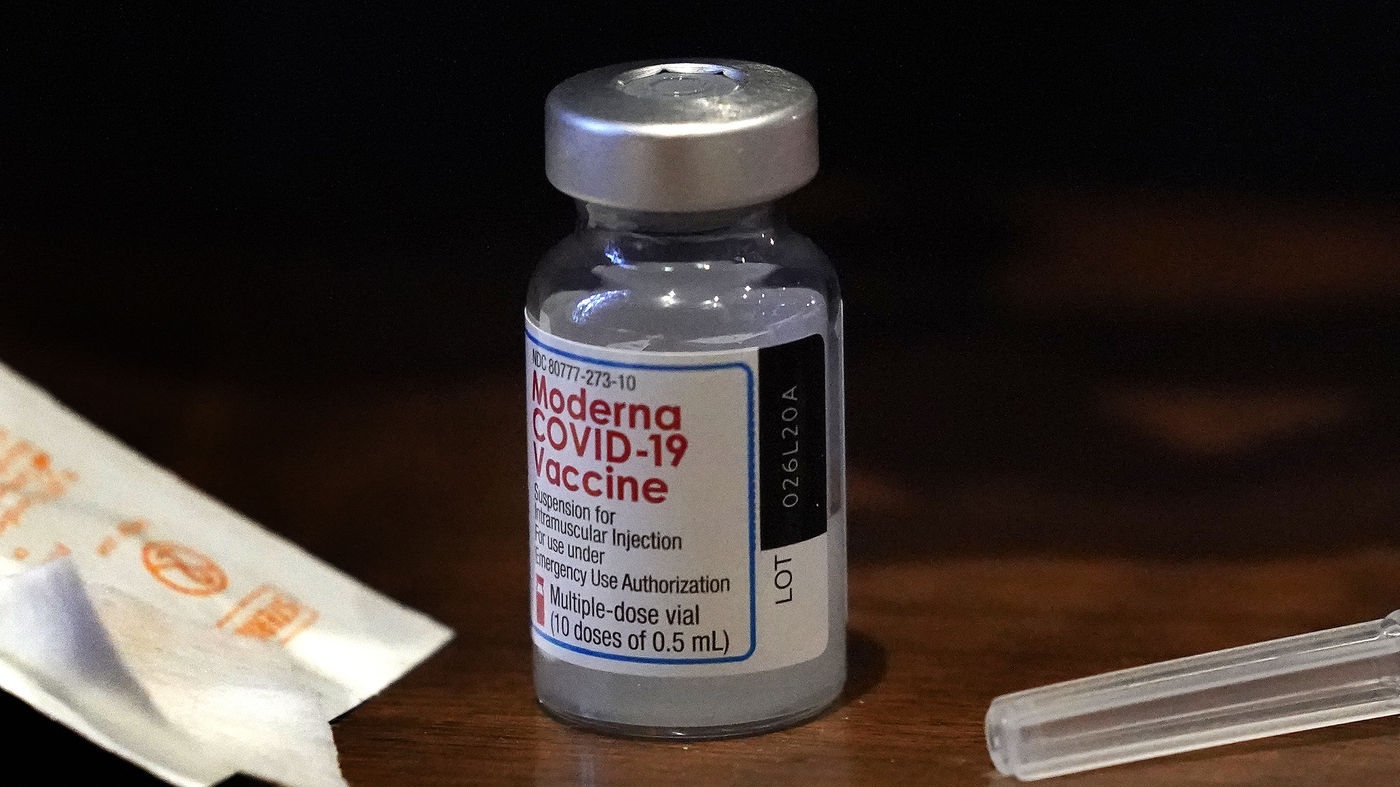Quote plausibly the 2nd shot might not be needed, or it might be needed to extend protection.
So, let us be clear:
there is NOTHING in that data set to suggest the second dose isn't necessary. The fact that the vaccine seem to have started working well quickly does
NOT imply that at all, because our immune system is known to have a two-stage process. Early efficacy in no way suggests long-lasting efficacy in humans.
As an analogy - the human immune system typically works like a multi-stage rocket. Yes, the first stage is very effective, and gets you high up. But it doesn't get you to orbit, and you fall back down... unless you have a second stage to complete the trip.
In biology terms - after a first shot, the body typically makes antibodies, but these last a few weeks, and are often not replaced. With a second dose, the body figures out that the invader means business, and longer lasting antibodies and cell memory are engaged.
They would need to do a separate trial, with only one injection, to learn if that is effective. They very specifically didn't do that,
because our immune systems have that two-stage response. Given the risks involved, they tested the way they knew was mostly likely to give highest, longest-lasting efficacy. Other regimens are not supported at this time.
Speculation that a second dose is not necessary is actually kind of dangerous. It may lead to folks not bothering to get the second shot and having their immunity fail. Or, they may start engaging in dumb@ss conspiracy theorizing about the second shot. Please don't push that speculation around.
In the future, when we are beyond the current crisis, that can be tested, and maybe that'll make the vaccine regimen for future generations simpler. But for now, don't suggest that one vaccination is okay. The science does not support that at this time.




